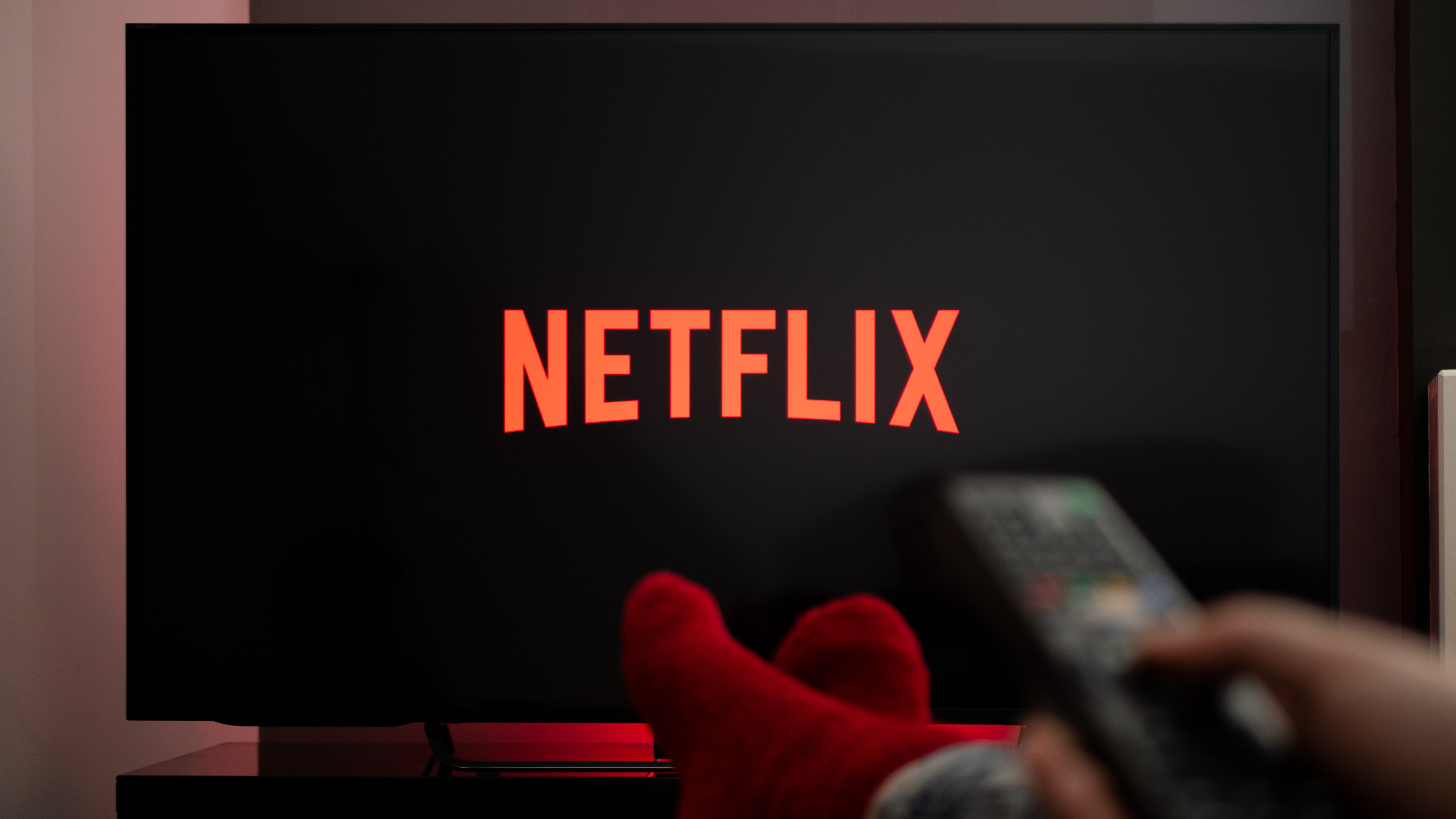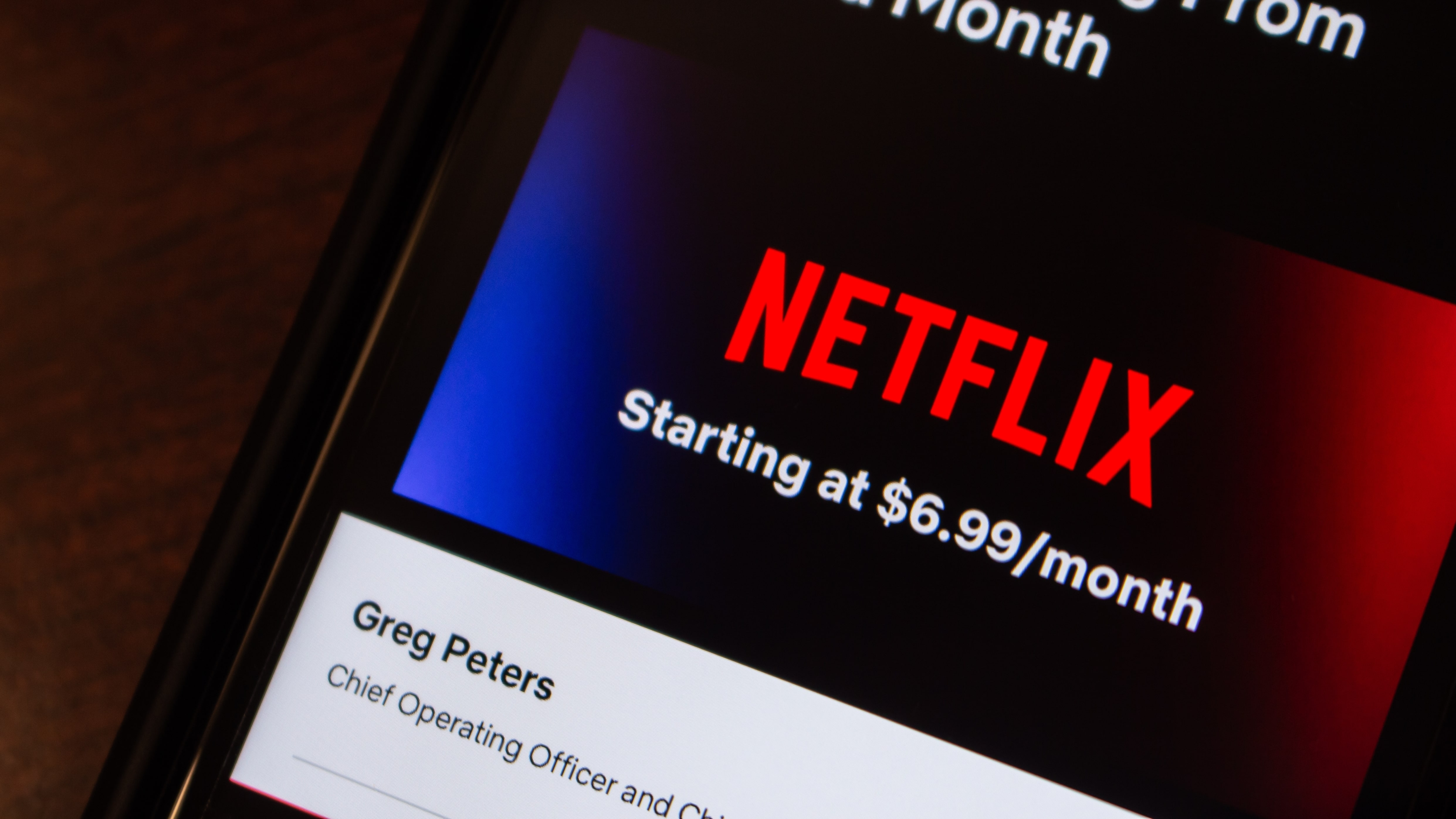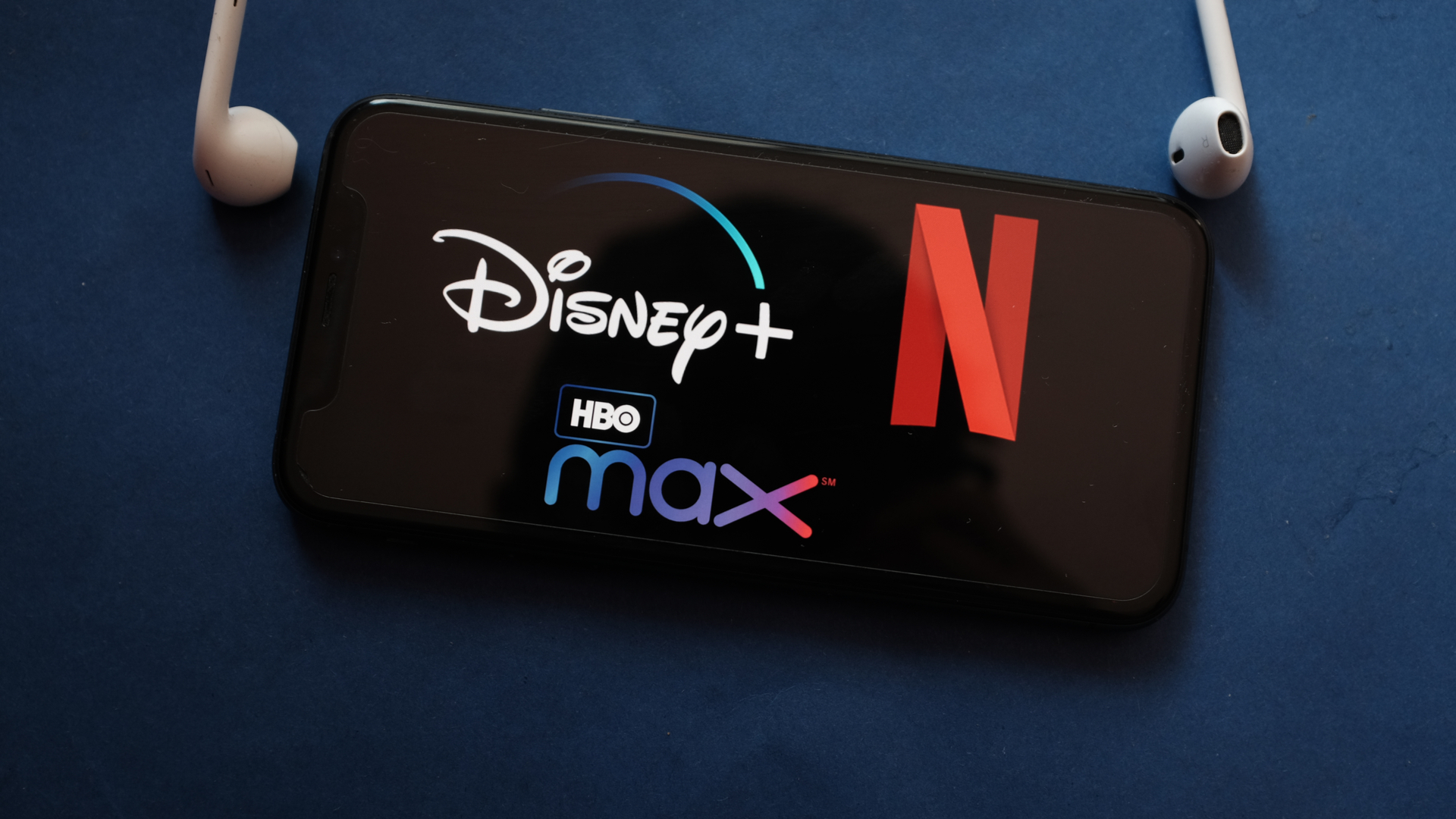
Sign up for breaking news, reviews, opinion, top tech deals, and more.
You are now subscribed
Your newsletter sign-up was successful
Netflix bosses are remaining bullish about the streamer’s cheaper, ad-supported plan, Netflix Basic with Ads, despite its relatively cool reception among subscribers.
According to analysis conducted by research firm Antenna, Netflix Basic with Ads accounted for only 9% of US subscriber sign-ups in the month following its November 2022 launch – but Netflix executives have assured investors that they’re “pleased” with the plan’s growth.
That assertion comes via the streamer’s President of Worldwide Advertising, Jeremi Gorman, who, while speaking at Variety’s CES 2023 Entertainment Summit (H/T TechCrunch), also said that conversations to renegotiate content deals that didn’t originally include AVOD (advertising video on demand) rights are “progressing day by day.”
In other words, the amount of content available to watch via Netflix Basic with Ads is set to increase. At present, the lower-priced subscription tier – which costs $6.99 / £4.99 / AU$6.99 per month – features around 85% of the content available to stream on Netflix proper (though almost all of the best Netflix shows and best Netflix movies are already included in the plan).
Launched in November 2022, Netflix Basic with Ads asks viewers to tolerate up to five minutes of ads per hour and a 720p cap on video quality in exchange for a cheaper monthly fee. Subscribers are also unable to download content for offline viewing with the new plan.
Update: Netflix is improving the picture quality and number of simultaneous streams in the Basic with Ads plan.

Suffice to say, the new subscription tier has proved unpopular in its early form, with customers and commentators criticizing its inconsistent ad implementation and undermining of the ad-free ideal that streaming services once embodied.
Sign up for breaking news, reviews, opinion, top tech deals, and more.
On the former point, Netflix doesn’t agree. Speaking at CES 2023, Gorman explained that the streamer considers its “wide variety of advertising types” – i.e. commercials from “CPG companies, luxury companies, automotive companies [and] retail [companies]” – to be “good for the consumer experience.”
Netflix isn’t the only streamer on the advertising offensive in 2023, either. Warner Bros. Discovery will continue to offer a cheaper, ad-supported subscription tier once its HBO Max and Discovery Plus services have merged into one service later this year, while Disney’s equivalent plan looks set to remain alive and kicking on Disney Plus.
Should you subscribe to ad-supported streaming plans?

It goes without saying, but the value in switching to lower-priced streaming plans will depend on your personal circumstances.
Sure, it’s not a particularly attractive proposition to know that your Netflix, Disney Plus or HBO Max movies and TV shows will be interrupted by up to five minutes of ads per hour if you do subscribe to their respective ad-supported plans – but the fact remains that these are the cheapest streaming subscriptions we’ve ever seen.
In the case of Netflix, for $6.99 / £4.99 / AU$6.99 per month, you can still binge the likes of Stranger Things, Squid Game, The Crown, Sex Education and Bridgerton to your heart’s content – you’ll just have to tolerate seeing a series of 15 to 30-second ads before and during viewing.
Streaming companies’ move to embrace ads is, of course, primarily motivated by their desire to improve their bottom lines, but the transition also offers greater choice for customers who would prefer to pay a lot less for content at the expense of ad-free viewing (for comparison, Netflix’s highest-level subscription tier currently costs $19.99 / £15.99 / AU$22.99).
The controversy comes when streamers hike the price of their ad-free tiers to make room for these new ad-supported plans. For instance, while the price of existing Netflix subscriptions remain the same as they were prior to the launch of Basic with Ads, Disney Plus prices have ballooned in the weeks following the launch of its equivalent ad-supported subscription tier.
Should Netflix decide to go down the same path in 2023, its executives' faith in the streamer's ad-supported future may not be so unwavering.

Axel is TechRadar's Phones Editor, reporting on everything from the latest Apple developments to newest AI breakthroughs as part of the site's Mobile Computing vertical. Having previously written for publications including Esquire and FourFourTwo, Axel is well-versed in the applications of technology beyond the desktop, and his coverage extends from general reporting and analysis to in-depth interviews and opinion.
Axel studied for a degree in English Literature at the University of Warwick before joining TechRadar in 2020, where he earned an NCTJ qualification as part of the company’s inaugural digital training scheme.